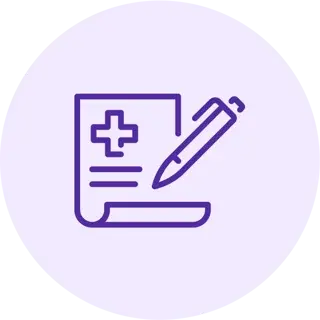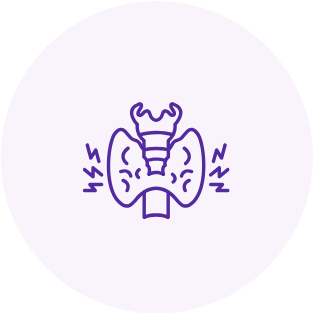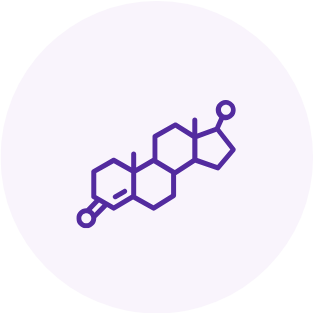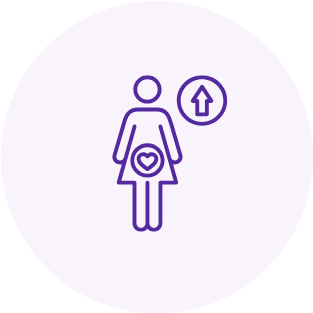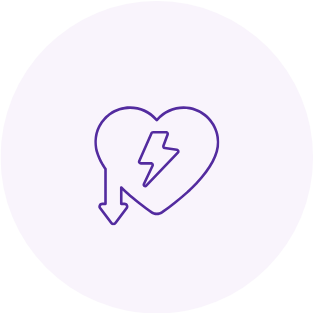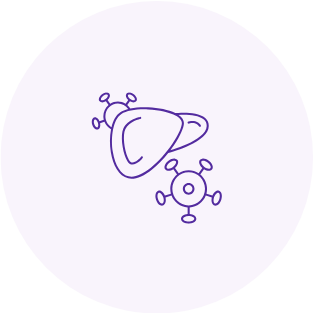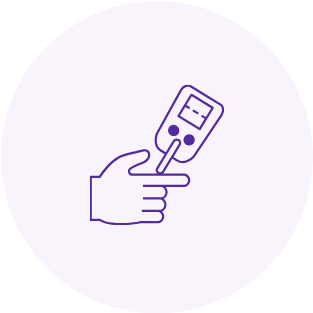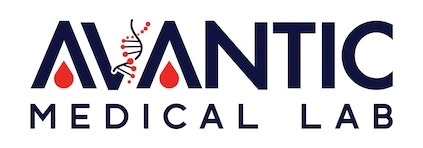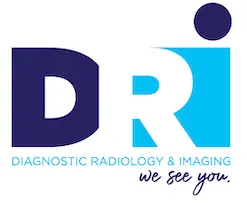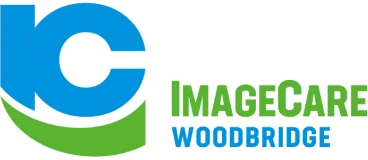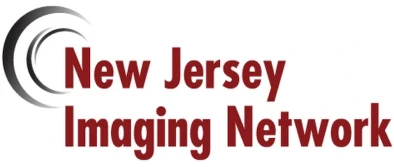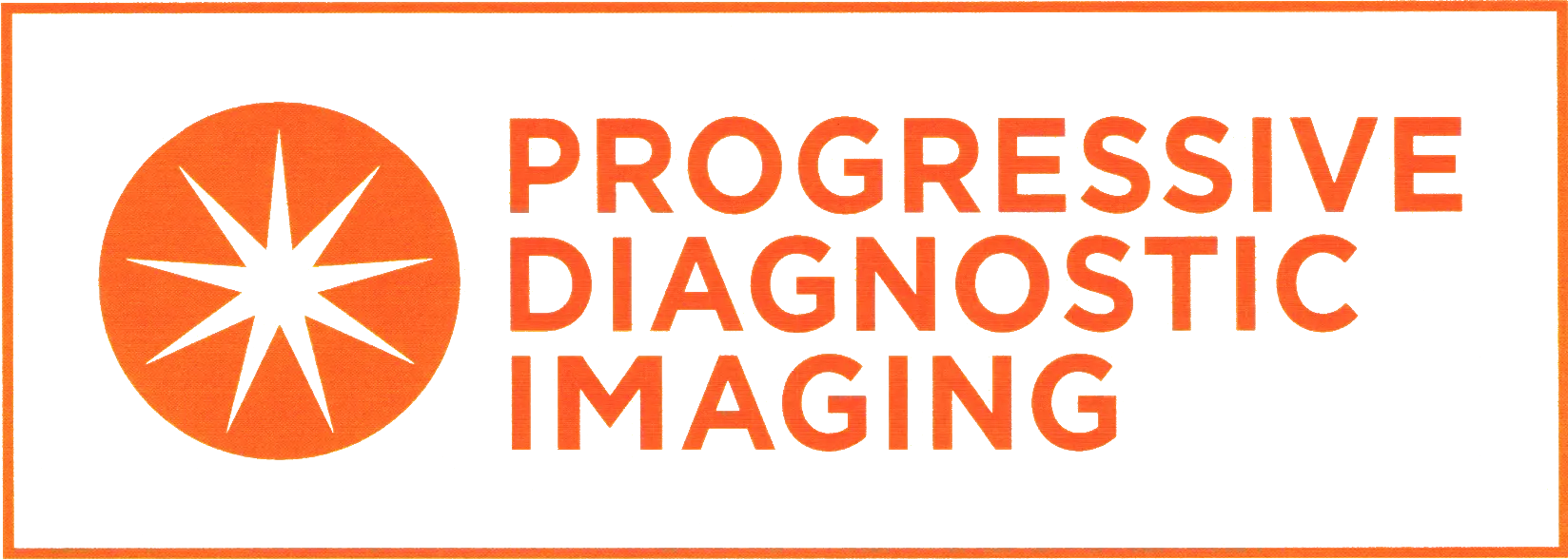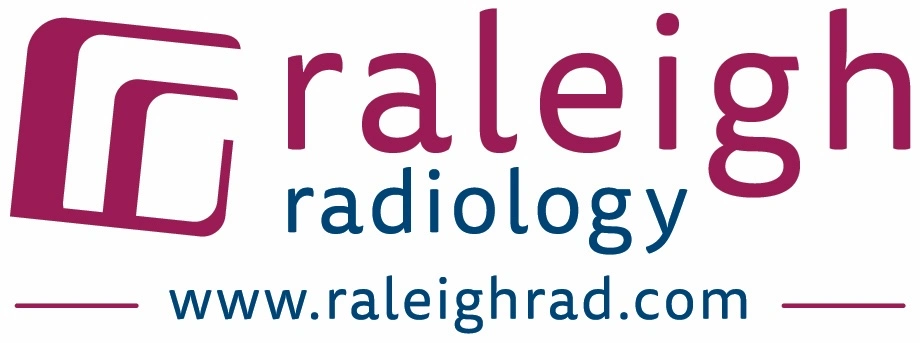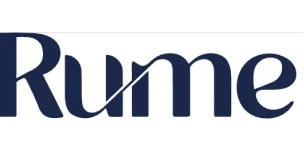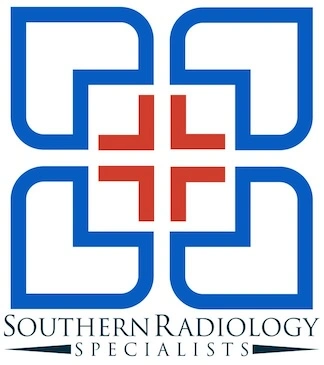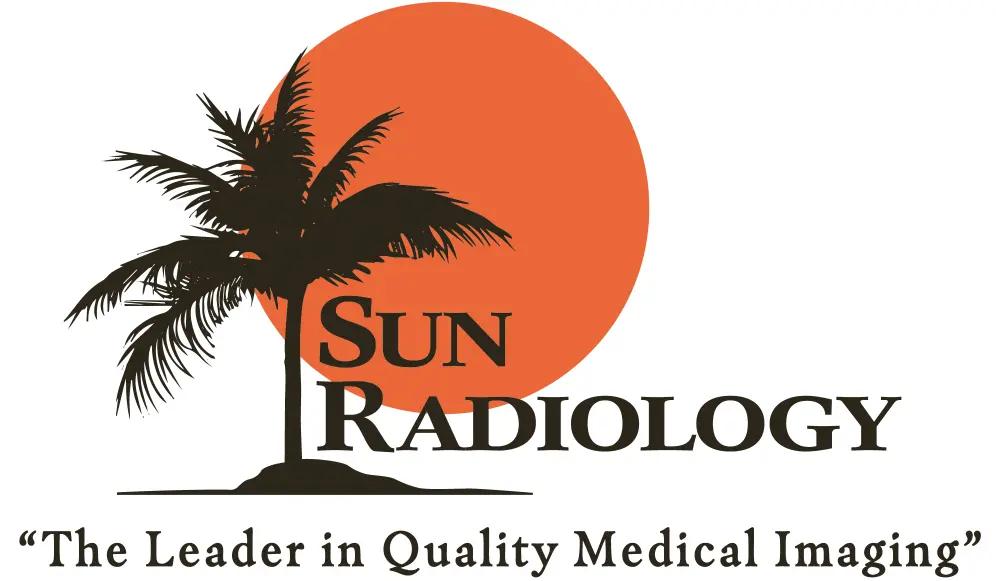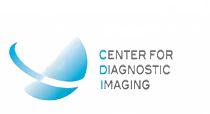Blood tests. Guided by doctors.
Book lab and imaging tests near you and get results reviewed by board-certified doctors with clear next steps.
Wellness starts with understanding.
From annual bloodwork to comprehensive heart and hormone panels, LabFinder offers curated testing designed to help you stay proactive, not reactive.
- Women's Health
- Men's Health
- Heart Health
- Hormone Health
- Sexual Wellbeing
- Digestive Health
- Hair Loss
- Weight Loss
Women's Health

Men's Health

Heart Health

Hormone Health

Sexual Wellbeing

Digestive Health

Hair Loss

Weight Loss

How it works
Clarity in three simple steps:
Choose your test or imaging.
No referral needed.
Book one of 1,200 lab & radiology tests at a trusted testing center near you
Book instantly at a trusted partner lab or center.
Each appointment comes with provider oversight. Its responsible medicine every step of the way.
Get results, reviewed by a doctor, with next-step guidance.
Get direct access to your results in our portal. Review your health information anytime, anywhere.
Personalized insights.
Real Medical Results.
Every LabFinder test includes doctor oversight, ensuring your results come with the context and care. Whether you're checking hormones, heart health, or staying ahead of seasonal changes, we help you take control - confidently.
- Fast Test Results reviewed by a board-certified provider
- Your Health, Backed by Expertise
 Only $95
Only $95 Know the cost upfront, avoid surprise medical bills later.
We get it: Healthcare bills are stressful for those paying out of pocket. That’s why we include transparent self-pay prices so you can get the tests you need with no worries or hassles.
- Know what you’ll pay
- No hidden fees
- 100% of the fee goes to the cost of your test
Create a free LabFinder account to view self-pay estimates.
Tests with self-pay transparency
Although LabFinder offers self-pay pricing from labs whenever possible, price
transparency
may be
limited to certain labs and test types. This list will be updated as more
test
prices are made available.
You deserve centers that work with you
We work with all major insurance companies to help you find the most affordable care possible.
-
“From start to finish, this process was simple and efficient. I was easily able to find a location for COVID testing for myself and my two kids, set up our appointments together, get tested, and receive our results quickly. I just really appreciate you all for making such a stressful situation easier for us.”
Jennifer L. -
“Booked my MRI appointment through labfinder. The portal is very easy to navigate. I was able to book my appointment on the location that accepts my insurance and the representative was really friendly and showed compassion since I was having a severe headache.”
Janine T. -
“I booked my mammogram appointment through LabFinder. The website is very easy to use. I was able to book my exam on a location that is close to my home and that accepts my insurance in minutes!”
Rose M. -
“I scheduled a Sunday morning (COVID nasal swab) appointment at 2:30 a.m., because my sore throat woke me up and I was really concerned! I got in right at 9 a.m., was in and out in 10 minutes, and had the results by 5 p.m. that evening. Super happy with the whole experience!”
Taza G. -
“Setting up the appointment on-line was simple, the testing staff was extremely efficient here in Tucson, AZ and were caring and helpful, and the customer service agent that called me to assist on my account issue was bright and courteous.”
Martin T.

